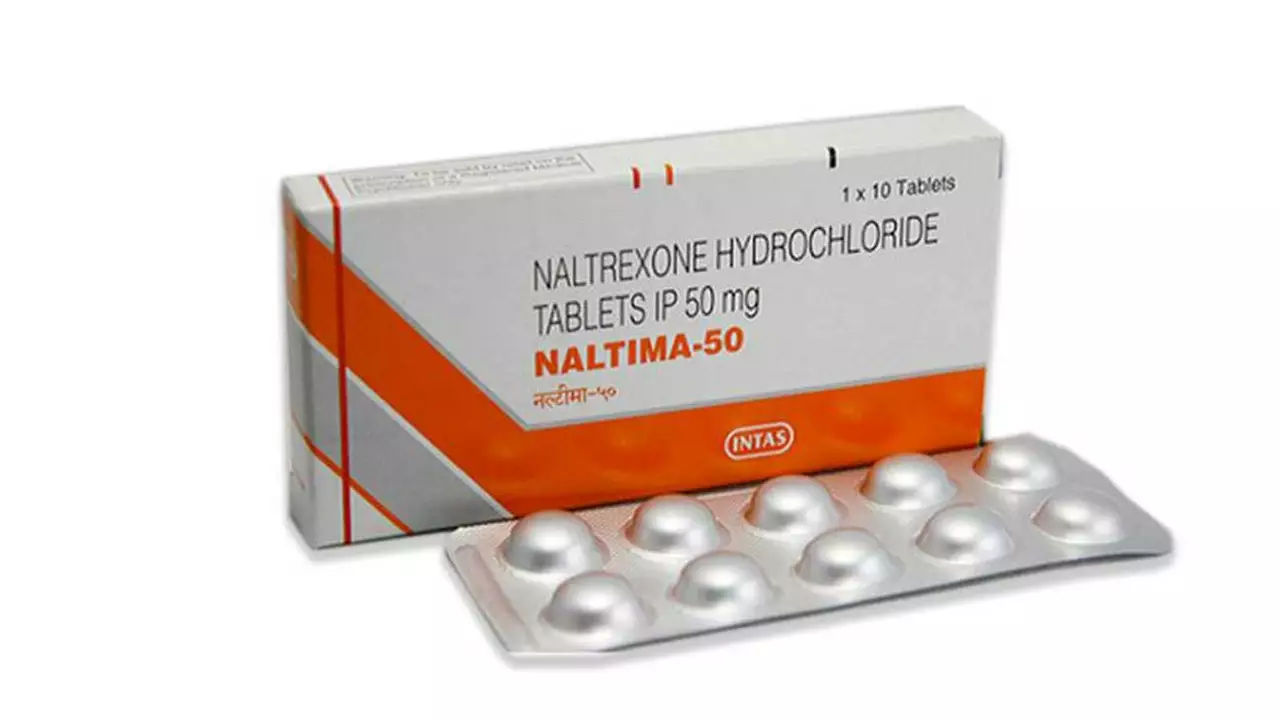Acamprosate dosage: what to take and how
If you or someone you care about is using acamprosate to stay off alcohol, the right dose matters. Acamprosate (brand name Campral) helps reduce cravings after stopping drinking. It works best when you use it alongside counseling or support programs. Below you'll find clear, practical dosing rules, safety tips, and what to watch for.
Typical dosing and how to take it
For most adults the standard dose is 666 mg three times a day (that’s usually two 333 mg tablets taken morning, afternoon, and evening). For people who weigh less than 60 kg (about 132 lb), many doctors start with 333 mg three times daily. Take the tablets at roughly the same times each day to keep levels steady.
Swallow the tablets with water. You can take acamprosate with or without food. Don’t crush or chew long-acting tablets unless your pharmacist says it’s okay. If you miss a dose, take it when you remember unless it’s almost time for the next one—don’t double up.
Adjustments, side effects, and safety tips
Acamprosate is cleared by the kidneys, so doctors check kidney function before starting it. People with moderate to severe kidney problems may need a lower dose or an alternative; it’s generally not used when kidney function is very poor. Older adults often tolerate the standard dose but may need adjustments if their kidneys don’t work well.
Common side effects are usually mild: diarrhea, stomach pain, nausea, and flatulence. These often improve in a few days or weeks. If you notice severe allergic reactions, persistent diarrhea, or sudden mood changes, contact your prescriber right away.
Acamprosate is not a cure—think of it as a tool that lowers cravings so you can focus on recovery work. It’s commonly used together with counseling, support groups, or medications like naltrexone when a doctor recommends them. Avoid alcohol while taking acamprosate and follow your treatment plan closely.
Pregnancy and breastfeeding require a discussion with your doctor. The medication isn’t routinely used in pregnant people without careful consideration. Also mention any other medicines you take; acamprosate has few drug interactions, but your clinician should check everything to be safe.
Practical tips: set phone alarms for doses, bring remaining pills to appointments to review adherence, and ask for a renal function check if you have diabetes or long-standing high blood pressure. If side effects bother you, don’t stop suddenly—call your prescriber to adjust the plan.
Want more detail or a personalized plan? Talk to your doctor or pharmacist. They’ll tailor the dose for your weight, kidney health, and recovery goals so you get the most benefit with the least risk.
Acamprosate Dosage: Finding the Right Balance for Your Recovery
In my recent blog post, I discussed the importance of finding the right Acamprosate dosage for a successful recovery journey. Acamprosate is a medication commonly prescribed to help those battling alcohol dependence, and it's crucial to have the right balance to maximize its effectiveness. I delved into the factors that can influence the appropriate dosage, such as an individual's weight and the severity of their addiction. I also shared some tips on how to work closely with healthcare professionals to determine the best course of treatment. Overall, finding the optimal Acamprosate dosage is a crucial step towards a successful and lasting recovery.
Keep Reading
